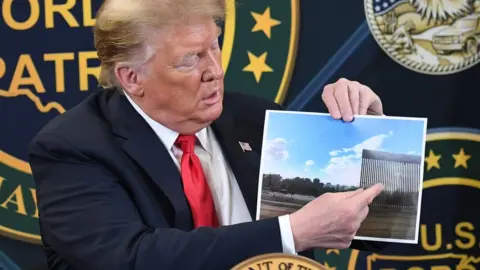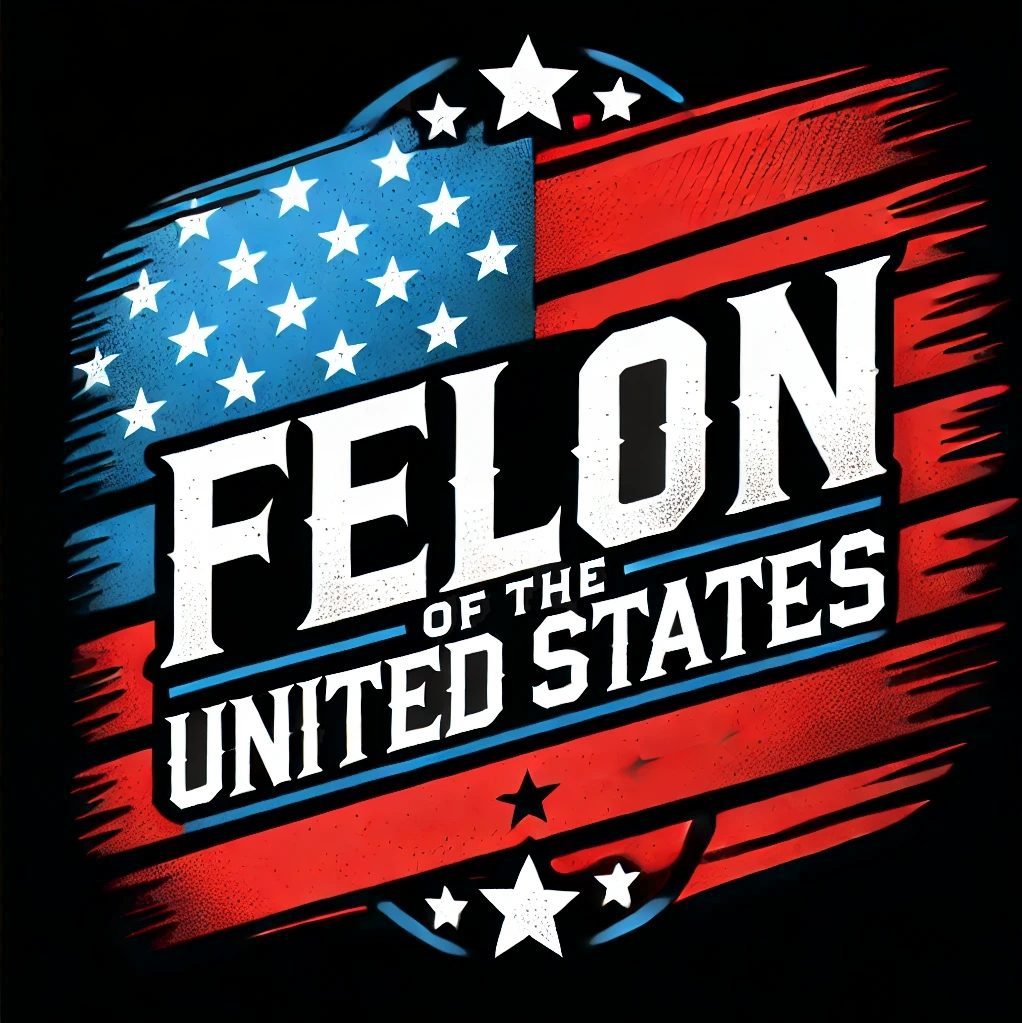“We Build the Wall” Fundraising Fraud

“We Build the Wall” Fundraising Fraud (2025 Update)
Background
“We Build the Wall” began as a viral crowdfunding effort launched on December 17, 2018. Spearheaded by Brian Kolfage, a decorated U.S. Air Force veteran, and Steve Bannon, a former political strategist for Donald Trump, the campaign promised to privately fund sections of a wall along the U.S.-Mexico border. Its appeal rested on frustrations over stalled federal efforts to deliver on Trump’s 2016 campaign promise. Initially hosted on GoFundMe, the initiative quickly raised millions, eventually converting into a nonprofit, We Build the Wall, Inc., by January 2019.
Organizers publicly pledged that 100% of funds would go toward construction, tapping into widespread support from individuals eager to see border security advanced outside of congressional action.
Fraudulent Activities
Although the campaign collected over $25 million from more than 300,000 donors, serious allegations of fraud surfaced regarding the misuse of funds:
-
Lavish Personal Purchases: Brian Kolfage used hundreds of thousands of dollars in donations to purchase luxury items, including a yacht, an SUV, and other personal goods that had no connection to wall construction.
-
False Promises About Compensation: Despite public assurances that no salaries would be taken, Kolfage received significant undisclosed payments. These were funneled through complex routes, including other nonprofits linked to Steve Bannon.
-
Fake Invoices and Shell Companies: Prosecutors alleged that organizers used fraudulent invoices and front companies—such as a citrus business connected to co-defendant Timothy Shea—to conceal the movement of more than $1.5 million. Funds were spent on high-end personal items, cosmetic surgery, and other unrelated expenses.
Although the project claimed success in constructing wall segments, actual results were minimal. Only a small stretch—less than a mile—was built by 2020, mired in legal challenges and construction issues.
Legal Consequences
Federal charges were brought in August 2020 against Kolfage, Bannon, Andrew Badolato, and Shea for wire fraud and money laundering. Steve Bannon’s high-profile arrest aboard a luxury yacht drew national attention. However, he received a pardon from then-President Trump on January 19, 2021, just before leaving office, shielding him from federal charges. Others were not spared:
-
Brian Kolfage pleaded guilty in April 2022 to conspiracy charges and was sentenced in April 2023 to 51 months in prison. He was also ordered to pay $2.9 million in restitution.
-
Andrew Badolato, who admitted guilt alongside Kolfage, received a 36-month prison sentence and was ordered to pay $1.4 million.
-
Timothy Shea, after an initial mistrial, was convicted in late 2022 and sentenced in July 2023 to 63 months in prison. He forfeited $1.8 million.
-
Steve Bannon, although pardoned federally, later faced state charges brought in 2022. In 2025, he pleaded guilty to fraud and received a conditional discharge, avoiding jail but agreeing not to engage in fundraising within the state.
The presiding judge described the case as one that damaged public trust, especially among political donors, due to its exploitation of a cause for personal enrichment.
Impact and Public Perception
Initially celebrated as a grassroots solution to a polarizing national issue, “We Build the Wall” ultimately became a scandal that raised doubts about the integrity of crowdfunding efforts tied to political movements. Donors, many of whom believed their contributions would build border infrastructure, were left outraged as evidence revealed funds were diverted to luxury purchases and high salaries.
The case is now seen by many as a symbol of how politically charged fundraising efforts can be vulnerable to abuse. While critics point to it as a clear example of deception and exploitation, defenders continue to argue that the legal actions were politically motivated.
As Donald Trump enters his second presidential term in 2025, the fallout from the case continues to resonate in public discourse, adding to broader concerns about ethical accountability in political fundraising and nonprofit oversight.
